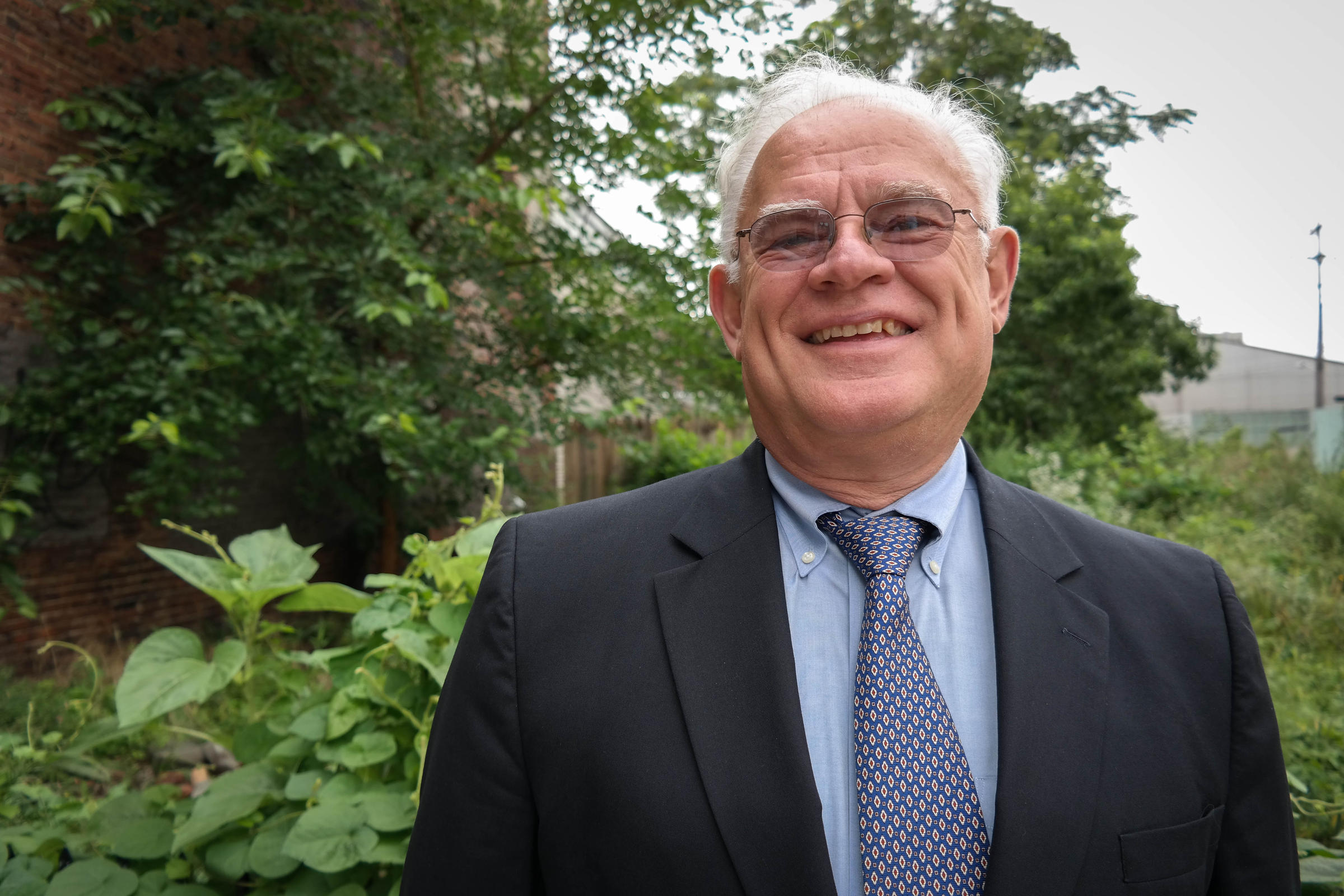What to Expect from PennFuture in the Trump Era
For the past few weeks, we’ve been tracking how the environmental movement is responding to Donald Trump’s surprise victory in the U.S. presidential election. This week, we talked with Larry Schweiger, head of PennFuture, one of Pennsylvania’s leading environmental advocacy organizations. And he says he’s approaching the incoming Trump administration with a mix of apprehension and optimism.
LISTEN: Your Environment Update for December 7, 2016
In particular, action on climate change and a push for more renewable energy top PennFuture’s agenda, so they’re concerned about some of President-elect Trump’s promises, like reviving the coal industry. And while Schweiger says his group plans to stay the course with its statewide education programs and lobbying efforts in Harrisburg, there will be some shifts in strategy.
“I do believe that it’s important for us to be reaching out to the right,” Schweiger says. “As a former Republican committeeman, I know what the Republican Party used to look like, and I hope at some point, we can help draw them back to a place where we can meet in the middle. I believe very strongly that most Americans are concerned with the proper care of their air and water—and are concerned about their children’s future.”
Schweiger, who has worked in the environmental movement since the 1980s, says that’s not just wishful thinking. He can remember a time not that long ago when public pressure led to some surprise actions by Republicans on environmental issues.
“We saw that back in the Reagan administration, when James Watt was Secretary of Interior. He had a belief that public resources ought to be sold to the highest bidder. And the American people demanded change. President Reagan was able to respond to that by dealing with the ozone hole, and became the president that called for the elimination of lead in gasoline—something he was originally opposed to. So I’ve seen it before, and I’m hopeful that with enough public pressure, the incoming admistration will reshape its promises to fit reality and address these concerns. But it’s up to us.”
Reporting by Kara Holsopple
Toxic Chemical Law Overhaul Gives EPA New Powers
A new law that Congress passed this past summer will put the spotlight on several chemicals thought to pose risks to human health. The law is an overhaul of the nation’s chemical safety regulations—the Toxic Substances Control Act or TSCA, which covers chemicals in all kinds of consumer products. Under the new standards, 10 high priority chemicals—including asbestos and perchloroethylene (commonly used in dry cleaning)—will get new scrutiny.
Jim Jones of the EPA’s Office of Chemical Safety and Pollution Prevention says the previous law was much weaker because there had to be a safety concern before EPA could act.
“The new law requires us to make an affirmative finding that it’s safe to go onto the market,” Jones says.
And now, if they find a chemical poses an unreasonable risk, EPA can do something about it.
“We would have the authority to eliminate that unreasonable risk, which could include a ban [or] some other restriction,” Jones says.
Under the new law, EPA has to take action on a chemical it finds to be unsafe within two years. The American Chemistry Council did not make anyone available for a taped interview. But in an email statement, the group says “a chemical’s inclusion in this first group of ten chemicals does not in and of itself indicate anything about the safety of the chemical.”
Reporting by Rebecca Williams / Michigan Radio


